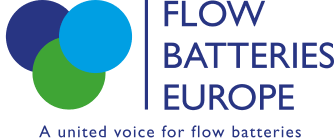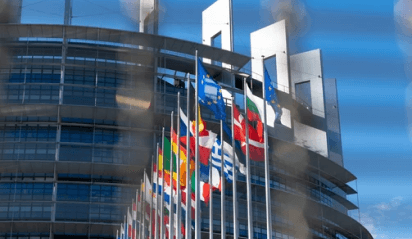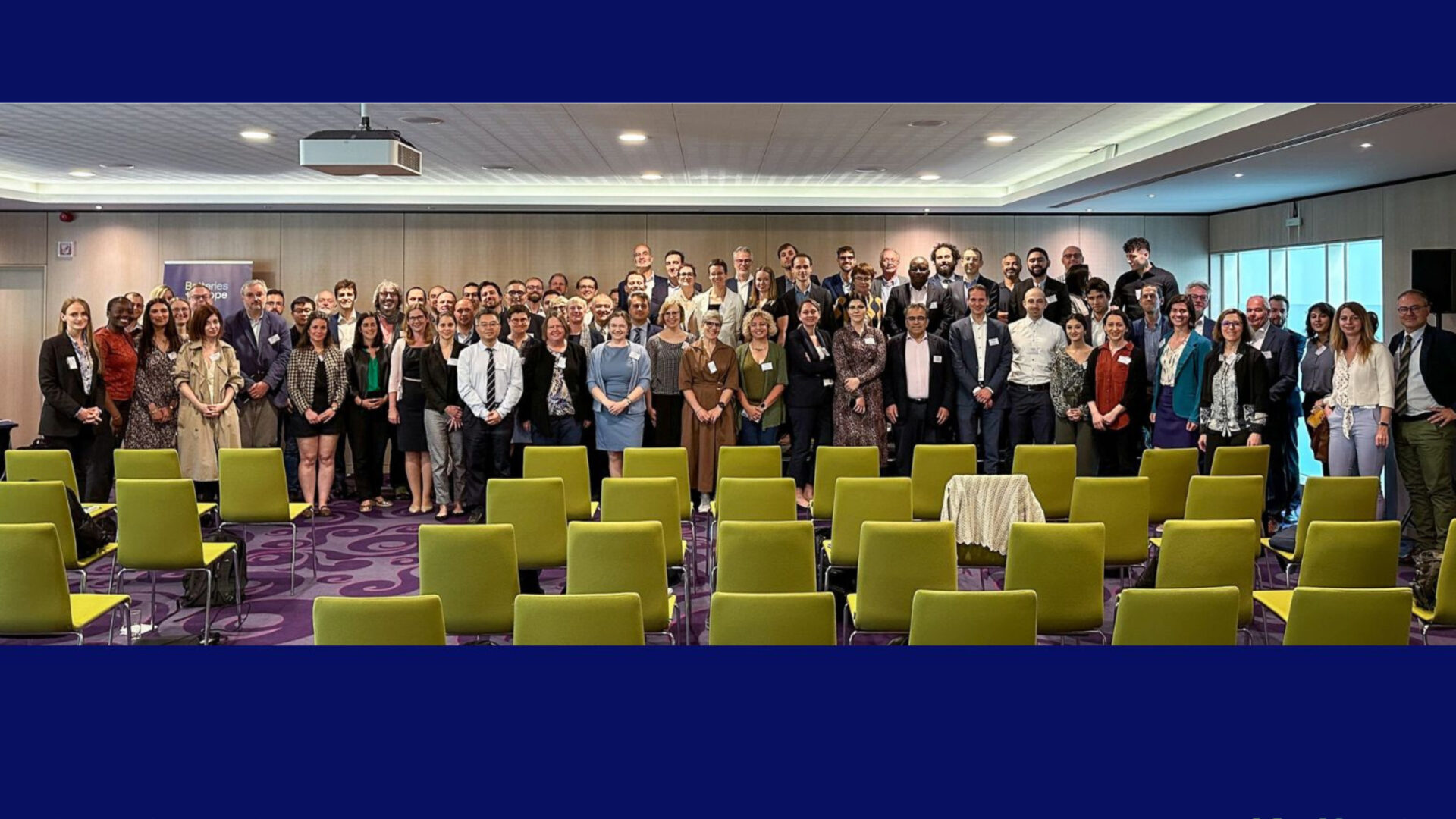19 April 2024:
In January 2023, five European national authorities proposed restricting per- and polyfluoroalkyl substances (PFAS) to the European Commission, prompting the European Chemicals Agency (ECHA) to publish a dossier on banning around 10,000 PFASs used in various industries. This move could significantly impact key net-zero technologies crucial for the green transition, implying fundamental changes in manufacturing and commercialisation.
On April 18, 2024, Flow Batteries Europe attended the event ‘Looking Ahead: Net Zero Technologies & PFAS,’ organised by the European Partnership for Energy and the Environment (EPEE) in Brussels. We were invited to share our insights and position during this esteemed gathering. The debate gathered industry stakeholders to discuss PFAS restriction implications in sectors like heating/cooling, hydrogen, fluoropolymers, grids, and flow batteries. Martijn Beekman from DG GROW provided insights from the European Commission on the PFAS topic and legislative process.
Panellists highlighted the risk of banning fluoropolymers, which are polymers of low concern. OECD Expert Group conducted a scientific examination of the concept of polymers of low concern, which supported reduced regulatory requirements for such polymers. They are also considered to be non-hazardous and not dangerous by the EU Classification, Labelling and Packaging (CLP).
The substances can be identified in membranes, pumps, and sealings of most metal-based flow batteries. Fluoropolymers ensure the stability and safety of flow battery technology, notably by preventing leaks and ensuring thermal stability. Market-ready flow batteries, which rely on components containing fluoropolymers, are facing particular risks, potentially hindering renewable energy integration and delaying EU climate goals. On the other hand, most organic flow batteries (TRL3-6) are PFAS-free, however, this technology needs large-scale financial support for further R&D.
Concerns were also raised about the lack of viable alternatives to be used in net-zero technologies like in some flow batteries, hydrogen fuel cells, refrigeration, air conditioning and heat pumps. This is why DG GROW Policy Officer Beekman reaffirmed the possibility of the introduction of derogation periods in certain cases, such as increased risk of emissions, the lack of alternatives or critical socio-economic impacts. Moreover, industry stakeholders emphasised the need for the European Commission to ensure coherence in EU legislation covering PFASs, as the restriction may conflict with existing laws such as the F-Gas Regulation.
ECHA committees currently are reviewing the dossier, having received over 5,600 stakeholder responses to the public consultation. Committee meetings will focus on affected sectors, with no set timeframe for adoption, but entry into force is expected no earlier than 2027 due to PFAS’s complexity and wide-ranging impact.
Read more about FBE’s position on the PFAS restriction proposal below.






